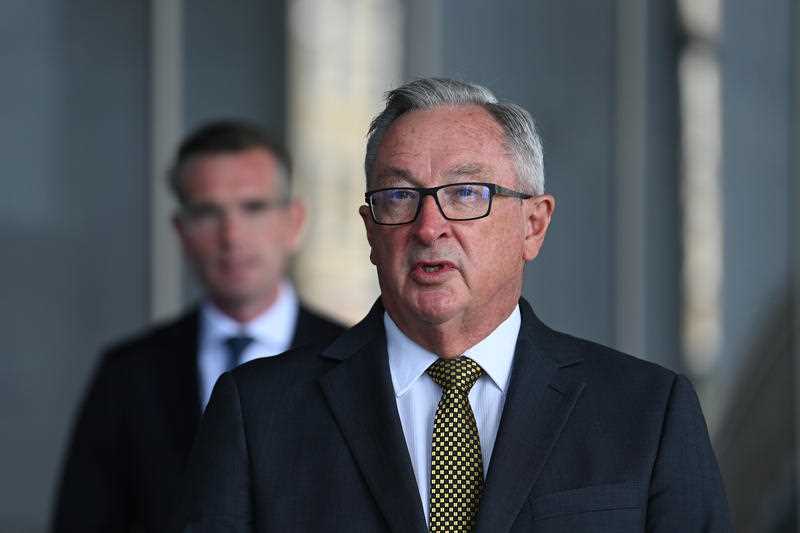NSW’s COVID-19 death tally has grown by 70 after stretched staff delayed their reporting of 35 aged care fatalities in the past month.
Nursing homes in southwestern Sydney – some of the hardest hit in the country by the Omicron wave – had notified families and local health authorities. But the information hadn’t been passed up the chain to NSW Health’s central command, authorities said on Friday.
“While the local health district has been working with the Commonwealth and aged care facilities to support and focus on the response, there was a delay in reporting those deaths to the ministry for the purposes of the state-wide reporting,” NSW Chief Health Officer Kerry Chant said.
All other local health districts had been contacted to ensure “processes are streamlined” but no additional issues have been identified to date.
The deaths of the 19 men and 16 women occurred between January 2 and 20.
Fourteen had not been vaccinated.
Another 35 deaths were reported on Friday, having been reported in the previous 24 hours. Twelve were unvaccinated, while eight were triple-dosed.
NSW Health has now reported 604 deaths since January 1, including 207 in aged care.
While the pandemic death tally now sits at 1268, Premier Dominic Perrottet pointed to pleasing signs the strain on the hospital system will soon ease.
Hospitalisations have plateaued around 2750 (2737 on Friday) while intensive care patients remain below 200, despite an eight-per-cent increase since Wednesday.
About 3700 health workers are in isolation, down from 6000 a few weeks ago.
“But we are moving through the next phase,” the premier said.
As opposed to the Alpha and Delta waves when lockdowns caused dramatic drops in case numbers, this current strategy to live with the virus meant “when mobility increases, cases will increase alongside that.”
“Let’s be frank: Australia sleeps up to Australia Day and then … gets moving,” Mr Perrottet said.
“So … we expect cases to increase.”
The repeated call for adults to get their third-dose booster shot continued, with 63 per cent of eligible adults still yet to do so.
“It is a very clear message now: four to six weeks after you’ve had COVID, you can have the booster,” Health Minister Brad Hazzard told the Nine Network, echoing the words of Dr Chant.
People who have not contracted COVID should have their booster shot three months after their second jab, he said.
A recent survey by the customer service department suggests half of booster-eligible people are in the dark about their eligibility.
“It’s really important, as Kerry (Chant) has said, please check with your friends and family,” NSW Health Deputy Secretary Susan Pearce said.
“Take every opportunity to talk to people around you about whether they are aware that three months after your second dose is time. We’re ready for you, so please come forward.”
About 100,000 vaccine slots in NSW-run clinics were not taken up last week.
The state recorded 13,333 positive cases in the 24 hours to 8pm on Thursday, including 6256 from PCR tests.
One in three children (33.4 per cent) aged five to 11 have had a single shot, up from 21.7 per cent a week ago.
AAP
Get all the latest Canberra news, sport, entertainment, lifestyle, competitions and more delivered straight to your inbox with the Canberra Daily Daily Newsletter. Sign up here.



